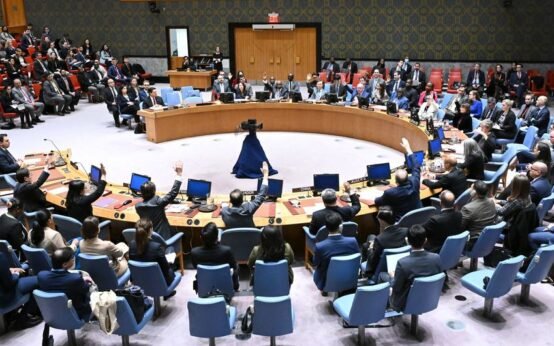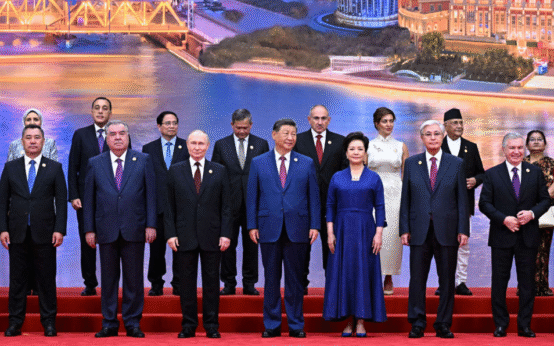United States government has shocked the international community by revoking or denying visas to Palestinian Authority President Mahmoud Abbas and around 80 senior officials. The decision comes just days before the United Nations General Assembly begins in New York. Secretary of State Marco Rubio defended the move, saying the Palestinian Authority and the Palestine Liberation Organization have not disavowed violence, pushed for unilateral statehood recognition, and taken Israel to international courts.
Palestinian Authority Condemns the Move
Palestinian Authority strongly criticized the U.S. decision. Officials said it was both political and unlawful. Abbas’s office described the ban as a violation of international law and the UN’s own agreements.

The PA also accused Washington of silencing Palestinian voices at a time when several European countries are preparing to recognize Palestinian statehood. Palestinian officials urged the U.S. to reverse the decision, saying it damages America’s credibility as a mediator in the Middle East.
European Leaders Join the Criticism
The reaction from Europe was swift. During a meeting of EU foreign ministers in Copenhagen, meanwhile, France, Spain, and Ireland openly condemned the move. Specifically, French Foreign Minister Jean-Noël Barrot stated that restricting access to the UN was unacceptable. Likewise, Spain and Ireland echoed the same message, emphasizing that the UN should remain an open space for dialogue, not a place where some nations or groups are silenced. Taken together, these responses signal a unified European stance against exclusionary practices within international institutions.

This European stance adds weight to Palestinian arguments and highlights growing disagreements between the U.S. and its European allies over the Israeli-Palestinian issue.
The controversy also brought back memories of 1988, when the U.S. denied a visa to Yasser Arafat, then chairman of the PLO. That decision forced the UN General Assembly to move its session to Geneva so that Arafat could speak. At that time, critics argued the U.S. was violating international agreements by blocking a UN participant.
UN Seeks Clarification on Visa Band
United Nations expressed serious concern about the U.S. decision. As host country, the U.S. is obligated under international law to allow access for all states and observers. UN officials said they would request clarification from the U.S. State Department and stressed the importance of ensuring every delegation can attend and participate.
The U.S. visa ban on Mahmoud Abbas and dozens of Palestinian officials has triggered a wave of criticism, revived old debates about international law, and exposed deep fractures in global diplomacy. While Washington insists the decision is about accountability and peace, critics argue it undermines the very principles the UN stands for.


 Canadians Pull Back from U.S. Trips Amid Border Backlash
Canadians Pull Back from U.S. Trips Amid Border Backlash  US vetoes UN Security Council resolution on Gaza ceasefire
US vetoes UN Security Council resolution on Gaza ceasefire  South Korea-U.S. nuclear agreement revision gains consensus
South Korea-U.S. nuclear agreement revision gains consensus  Russia and China join forces against the United States
Russia and China join forces against the United States  Digital Taxes Put U.S –EU Trade Talks Under Heavy Strain
Digital Taxes Put U.S –EU Trade Talks Under Heavy Strain  White House approves the sale of 3,350 missiles to Ukraine
White House approves the sale of 3,350 missiles to Ukraine